Intro to Ruby
For Non-Programmers
RailsBridge Boston
slides linked at bit.ly/RBB-jan2017
Ruby is a Programming Language
Actually Running Ruby Code
From a Text File
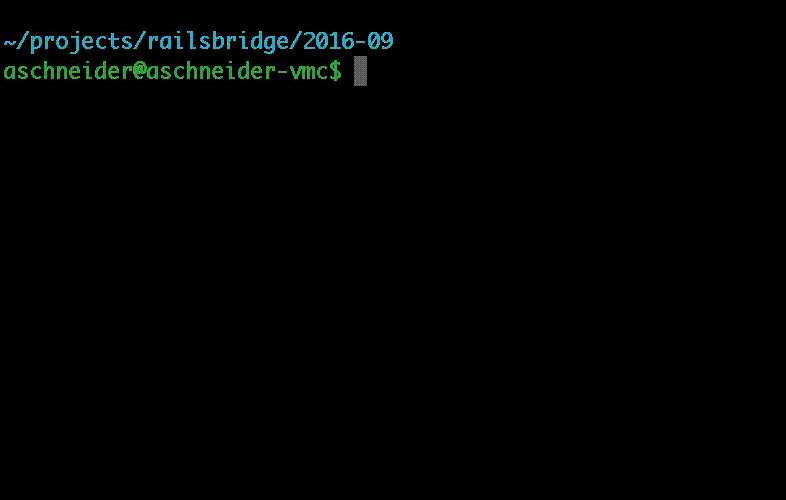
From IRB
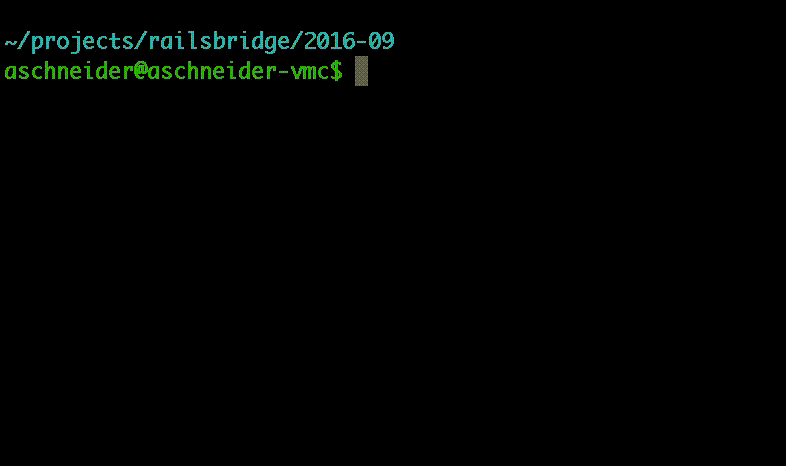
Values
my_name = "Aniket"
my_age = 32
age_of_my_cat = my_age - 22
Variable Names
Values
my_name = "Aniket"
my_age = 32
age_of_my_cat = my_age - 22
puts "My name is #{my_name}"
# My name is AniketMethod
my_name = "Aniket"
my_age = 32
age_of_my_cat = my_age - 22
puts "My name is #{my_name}"
# My name is Aniket
puts "I am " + my_age + " and my cat is #{age_of_my_cat}"
# I am 32 and my cat is 10Types of Data
- Strings (of characters)
- Numbers
- Booleans
- Collections
- Others!
type_of_cat = "Tuxedo"
number_of_cats = 2
is_black = true
is_white = true
is_orange = falseBasic Types
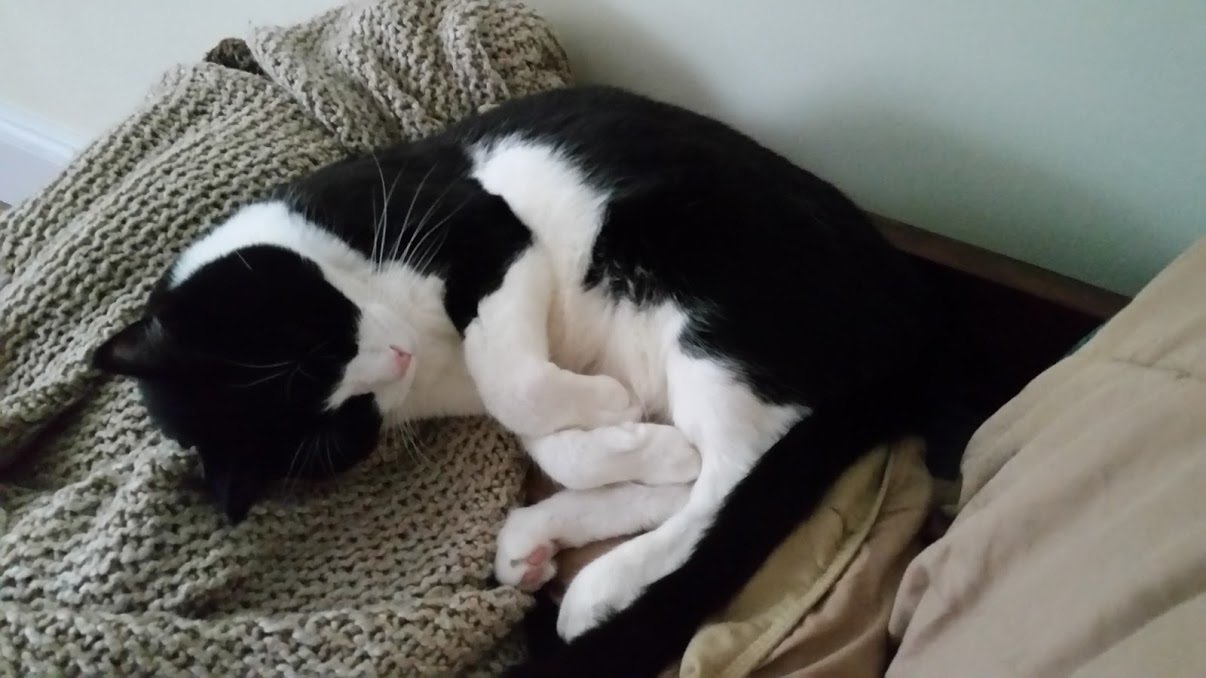
cats_in_my_house = ["Charlotte", "Ivan"]
puts cats_in_my_house[0]
# Charlotte
puts cats_in_my_house[1]
# IvanCollections
Array
Hash
cat_ages = {"Charlotte" => 10, "Ivan" => 8}
puts cat_ages["Charlotte"]
# 10
puts cat_ages["Ivan"]
# 8
current_time = Time.now
puts current_time
# 2016-06-23 18:03:39 -0400
one_to_five = 1..5
puts one_to_five
# 1..5
no_value = nil
puts no_value
#Others
Making Decisions
"Conditionals"
guest_name = "Sarah"
if guest_name == "Aniket"
puts "Welcome home!"
elsif guest_name == "Sam"
puts "Stay away!"
else
puts "Hello #{my_name}!"
end
# "Hello Sarah!"guest_name = "Sarah"
puts "Hey Ted" unless guest_name != "Ted"
#
guest_name = "Aniket"
puts "Welcome home!" if guest_name == "Aniket"
# Welcome home!Repeating Yourself
Looping and Arrays
puts "I would like to pet Ivan."
# I would like to pet Ivan.
puts "I would like to pet Charlotte."
# I would like to pet Charlotte.
puts "I would like to pet Bri."
# I would like to pet Bri.
puts "I would like to pet Jade."
# I would like to pet Jade.
cats = ["Ivan", "Charlotte", "Bri", "Jade"]
cats.each do |cat|
puts "I would like to pet #{cat}."
end
# I would like to pet Ivan.
# I would like to pet Charlotte.
# I would like to pet Bri.
# I would like to pet Jade.A method attached to every Array
A "block"
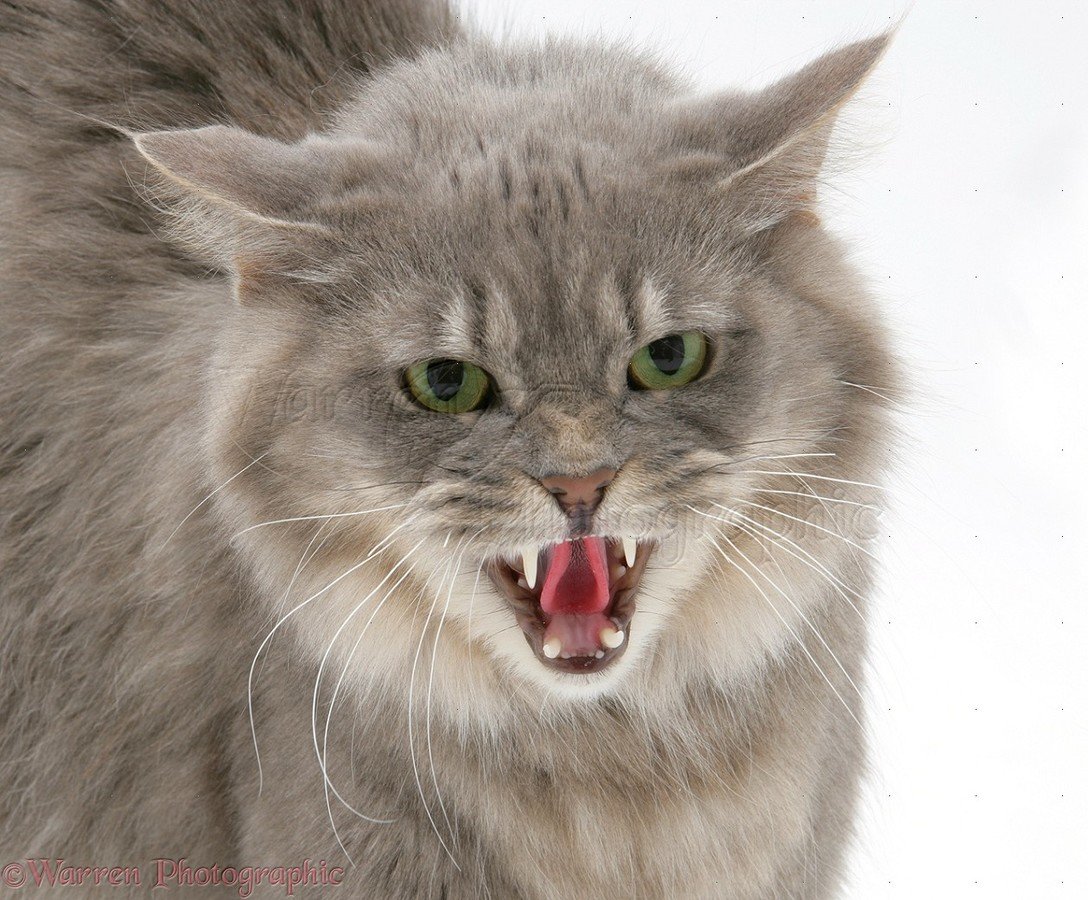
cats = ["Ivan", "Charlotte", "Bri", "Jade"]
cats.each do |cat|
puts "I would like to pet #{cat}." unless cat == "Bri"
end
# I would like to pet Ivan.
# I would like to pet Charlotte.
# I would like to pet Jade.
one_to_five = 1..5
one_to_five.each do |n|
puts n * n
end
# 1
# 4
# 9
# 16
# 25Questions?
Some Advice
Code As Cooking
"Objects"
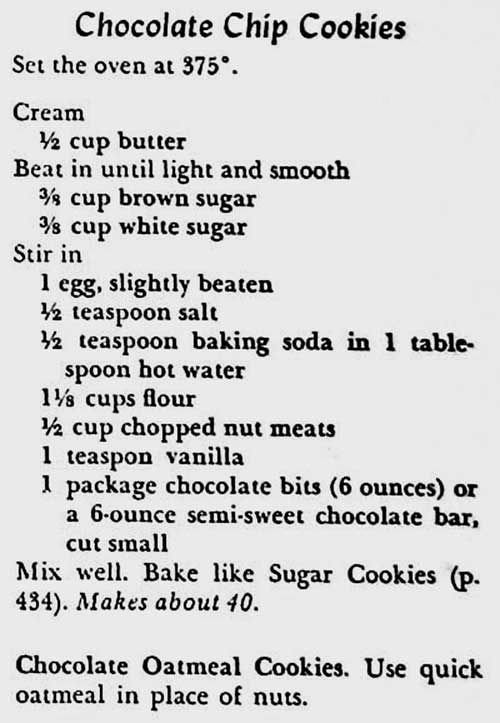
Programming is like writing a recipe

Ingredients

Instructions
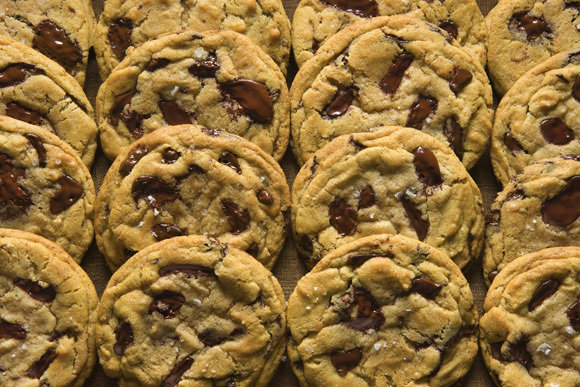

Recipes are all based on the same template which includes:
- A name
- One or more ingredients
- One or more instructions
In Programming Terms...

Recipes are all based on the same class which includes:
- A name
- One or more attributes
- One or more methods
This is an instance based on the cookie recipe class
In Ruby Code...
class ChocolateChipCookiesRecipe
attr_accessor :butter, :sugar, :chocolate_bits, ...
def cream
...
end
def beat
...
end
def stir
...
end
def bake(how_long)
...
end
...
end
Name
Attributes
Methods
class, attr_accessor, def and end are all ruby keywords - part of the language
Parameter
class ChocolateChipCookiesRecipe
attr_accessor :butter, :sugar, :chocolate_bits, ...
def cream
...
end
def beat
...
end
def stir
...
end
def bake(how_long)
...
end
...
end
my_recipe = ChocolateChipCookiesRecipe.newNow we can store an instance of the ChocolateChipCookiesRecipe class in a variable

But what about the Sugar Cookies recipe? Do I have to write the whole recipe over again?
Shared Behaviors
class CookiesRecipe
def combine
...
end
def beat
...
end
def bake(how_long)
...
end
endclass ChocolateChipCookiesRecipe < CookiesRecipe
attr_accessor :butter, :sugar, :chocolate_bits, ...
def stir
...
end
end
chocolate_chip_recipe = ChocolateChipCookiesRecipe.newChocolateChipCookiesRecipe inherits from CookiesRecipe
"parent"
"child"
class ChocolateChipCookiesRecipe < CookiesRecipe
attr_accessor :butter, :sugar, :chocolate_bits, ...
def stir
...
end
end
class SugarCookiesRecipe < CookiesRecipe
attr_accessor :butter, :white_sugar, :baking_powder,...
def blend
...
end
def decorate
...
end
end
sugar_cookies = SugarCookiesRecipe.newYou've learned the basics of "Object-Oriented Programming"
A little more advice
Thanks For Listening!
Questions?